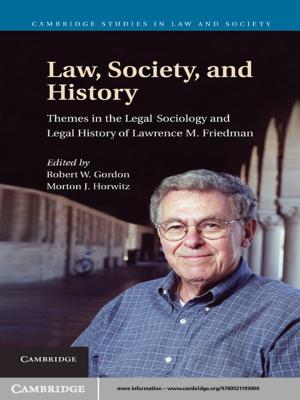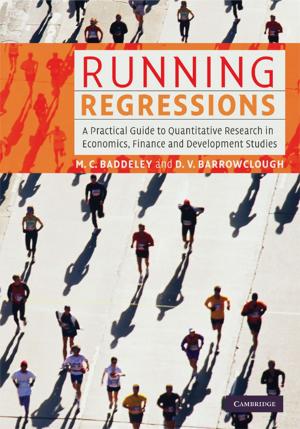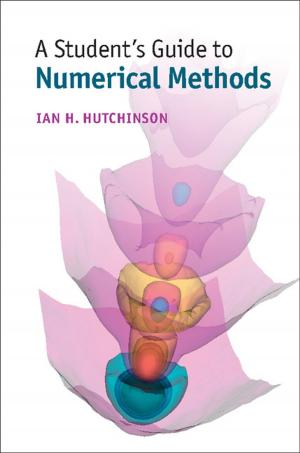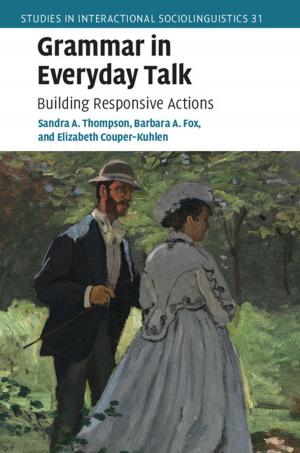Rights, Race, and Recognition
Nonfiction, Religion & Spirituality, Philosophy, Political, Social & Cultural Studies, Political Science| Author: | Derrick Darby | ISBN: | 9780511738388 |
| Publisher: | Cambridge University Press | Publication: | April 2, 2009 |
| Imprint: | Cambridge University Press | Language: | English |
| Author: | Derrick Darby |
| ISBN: | 9780511738388 |
| Publisher: | Cambridge University Press |
| Publication: | April 2, 2009 |
| Imprint: | Cambridge University Press |
| Language: | English |
What is the source of rights? Rights have been grounded in divine agency, human nature, and morally justified claims, and have been used to assess the moral status of legal and customary social practices. The orthodoxy is that some of our rights are a species of unrecognized or natural rights. For example, black slaves in antebellum America were said to have such rights, and this was taken to provide a basis for establishing the immorality of slavery. Derrick Darby exposes the main shortcomings of the orthodox conception of the source of rights and proposes a radical alternative. He draws on the legacy of race and racism in the USA to argue that all rights are products of social recognition. This bold, lucid and meticulously argued book will inspire readers to rethink the central role assigned to rights in moral, political, and legal theory as well as in everyday evaluative discourse.
What is the source of rights? Rights have been grounded in divine agency, human nature, and morally justified claims, and have been used to assess the moral status of legal and customary social practices. The orthodoxy is that some of our rights are a species of unrecognized or natural rights. For example, black slaves in antebellum America were said to have such rights, and this was taken to provide a basis for establishing the immorality of slavery. Derrick Darby exposes the main shortcomings of the orthodox conception of the source of rights and proposes a radical alternative. He draws on the legacy of race and racism in the USA to argue that all rights are products of social recognition. This bold, lucid and meticulously argued book will inspire readers to rethink the central role assigned to rights in moral, political, and legal theory as well as in everyday evaluative discourse.















